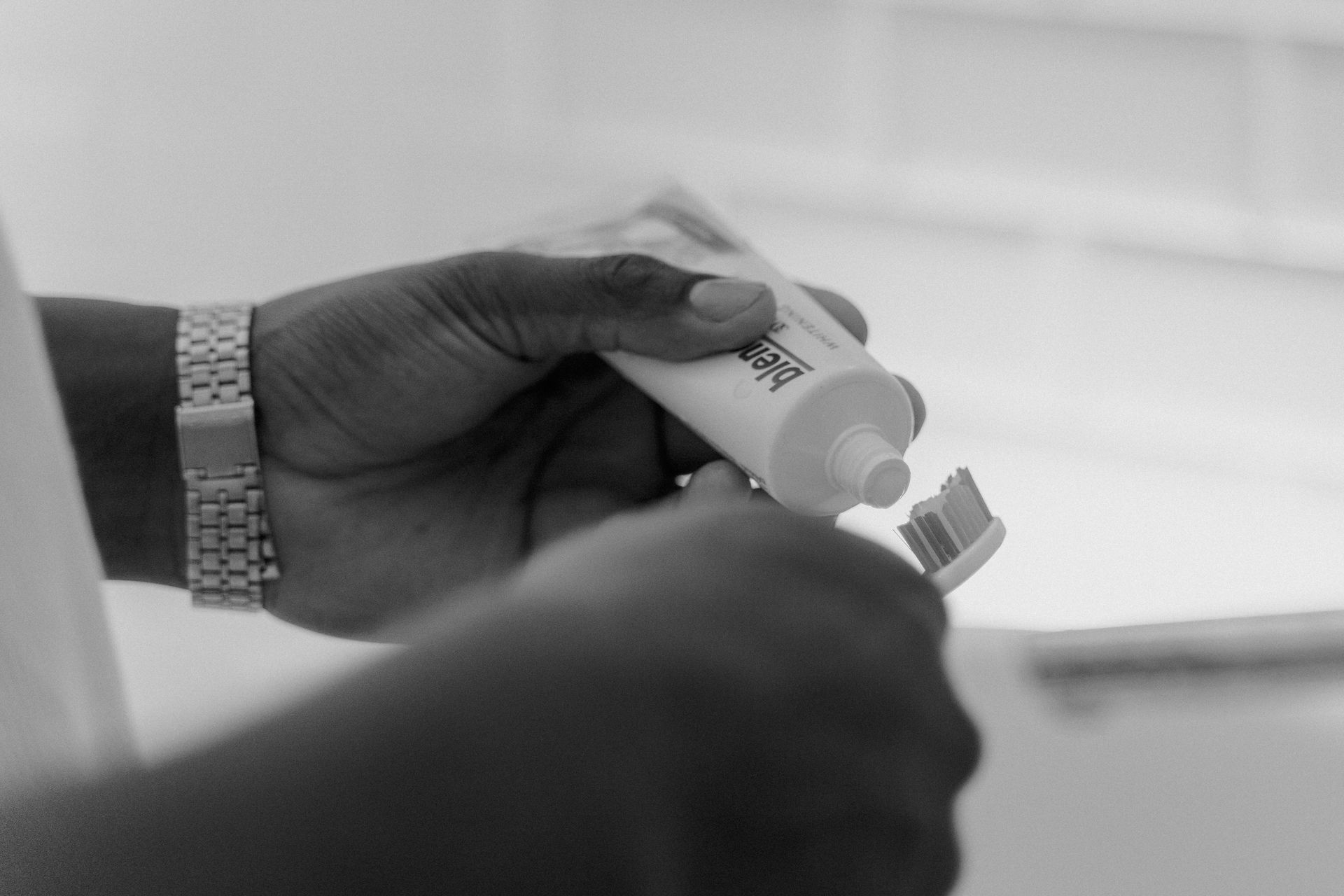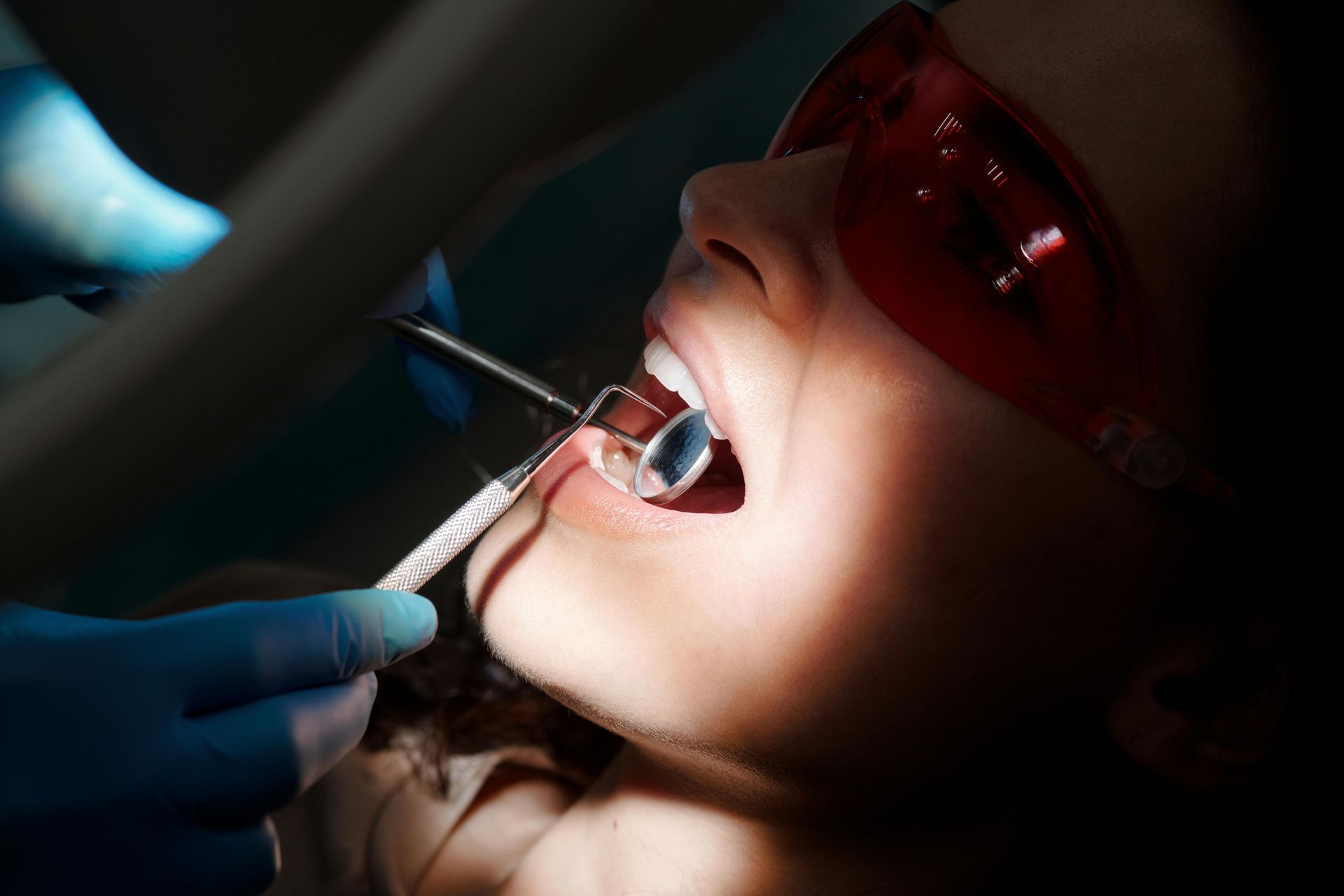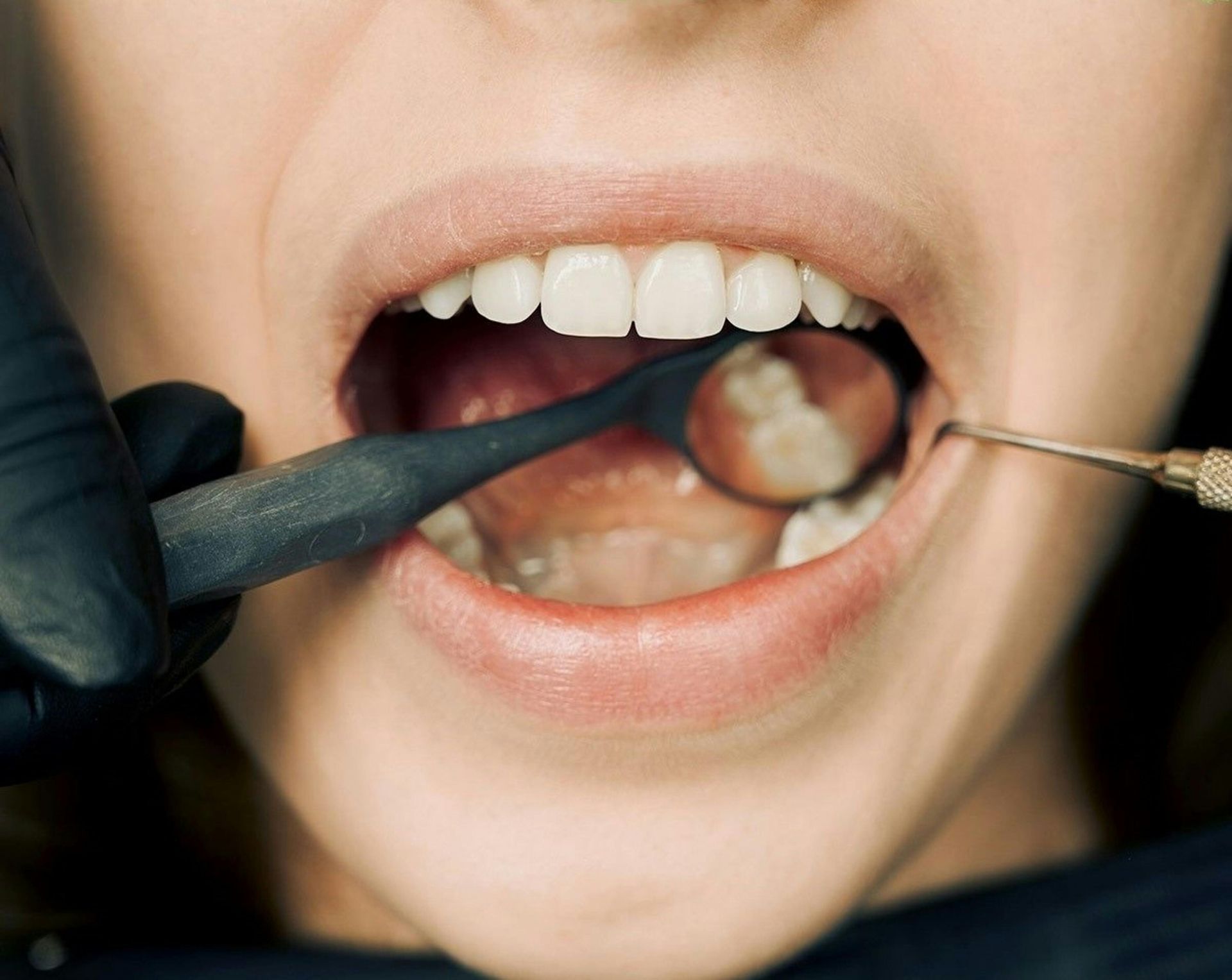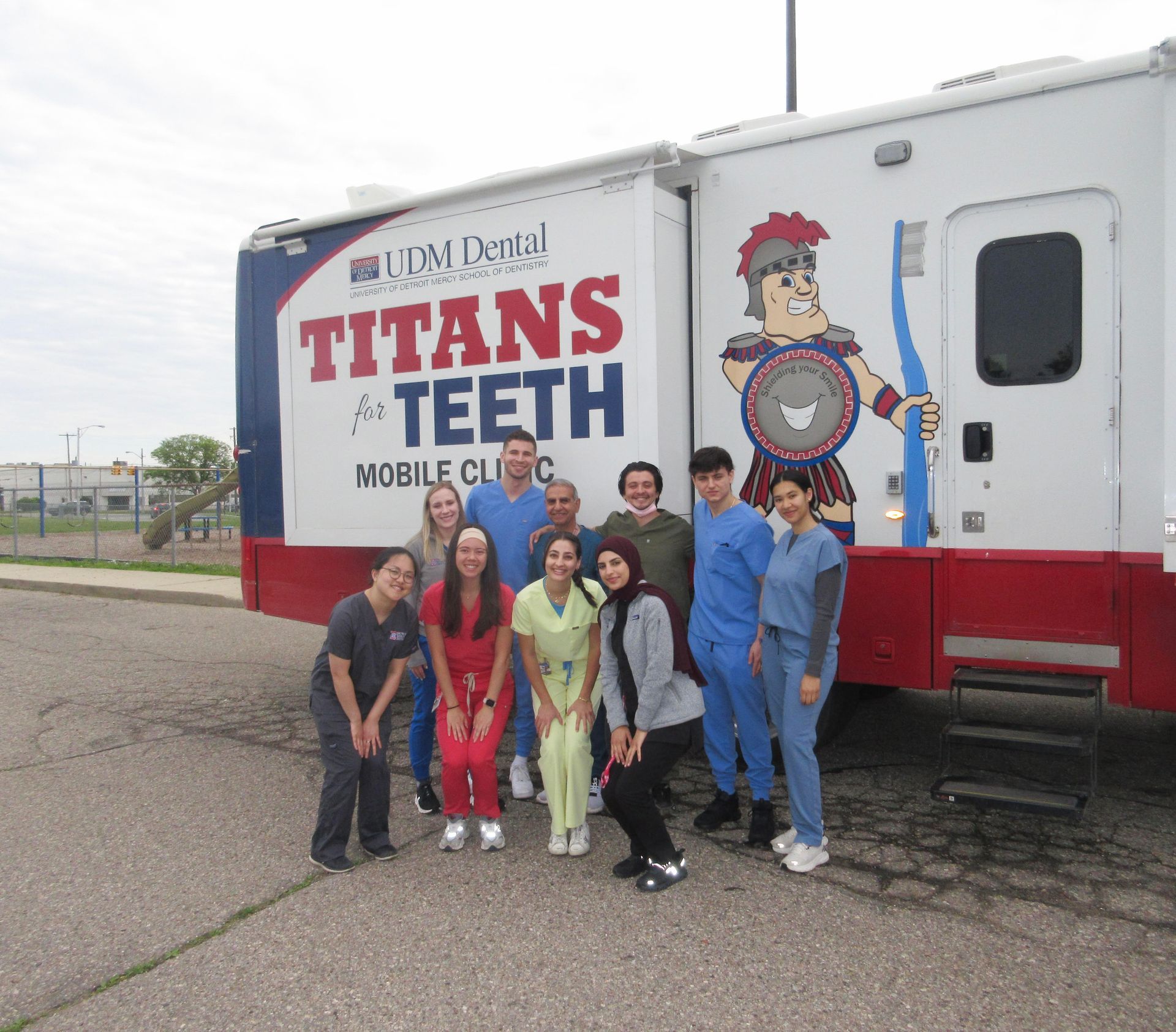
Huszti Dental Care has the answers
You’ve probably seen one of the latest trends – or should we say fads – in oral healthcare: charcoal toothpaste. Our team at Huszti Dental Care has been answering lots of questions about it from our patients, so we thought it would be a good idea to write about it.
Manufacturers of it promise whiter teeth, fresher breath and all the other benefits of a traditional toothpaste. Some say it removes more surface stains and others say it prevents new stains from forming. What’s not to like?
The American Dental Association (ADA) is not convinced and as of February 2023 has not approved any toothpastes with activated charcoal. That should be all you really need to know. But let’s dive a bit deeper.
First, let’s understand what “activated charcoal” is. First, it is not the same charcoal you grill burgers over. According to the Merriam-Webster dictionary, it is a highly absorbent powdered or granular carbon. It has been used traditionally to treat people who have ingested poisons.
So perhaps that’s what gives people the idea that charcoal will absorb your stains and the odors in your mouth.
The ADA, however, has not found that any of the claims are true. In fact, its studies show charcoal toothpaste may even have a detrimental effect on your teeth.
Activated charcoal is abrasive, which makes it good for removing plaque and other substances, but it may be so abrasive that it damages or even removes the outer enamel of your teeth. Other, ADA-approved toothpastes are gentler for your teeth and gums and, therefore, better.
So, as with any fads or new products that make promises above and beyond what you’ve known and used for years, check with a dental professional like those at Huszti Dental Care.









